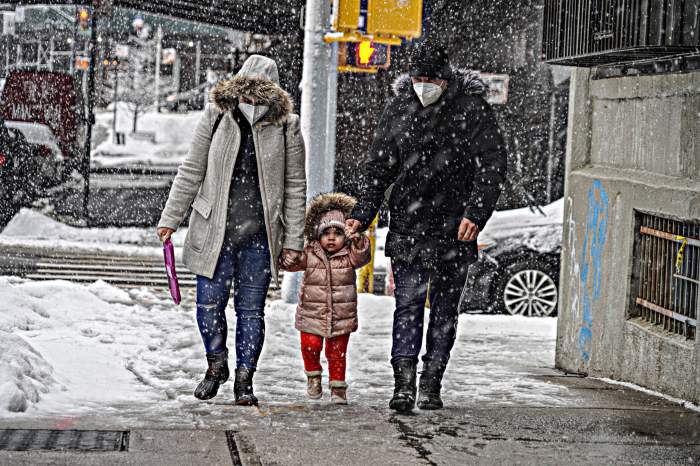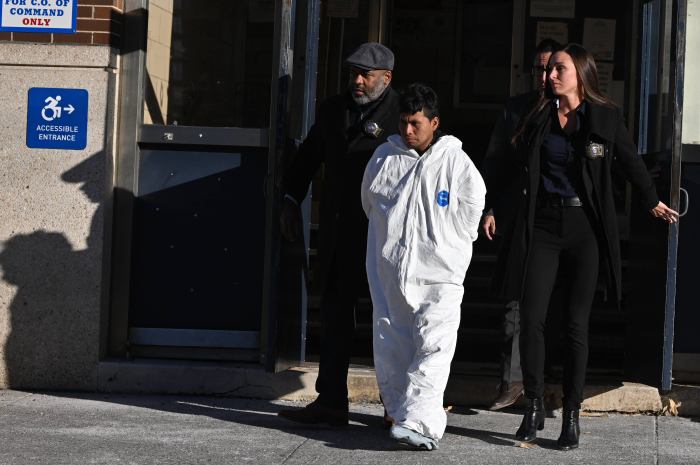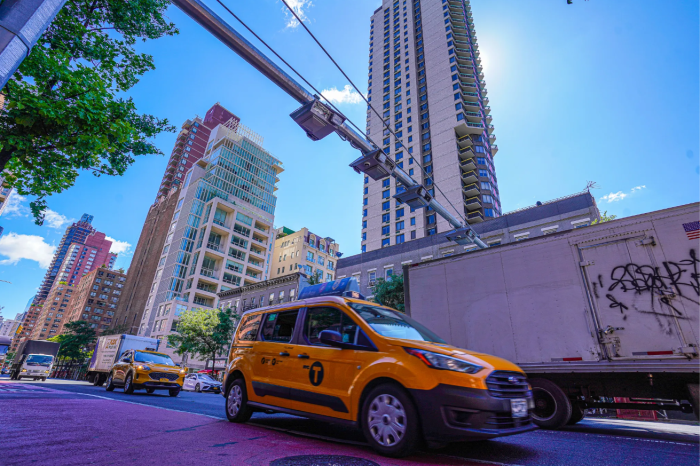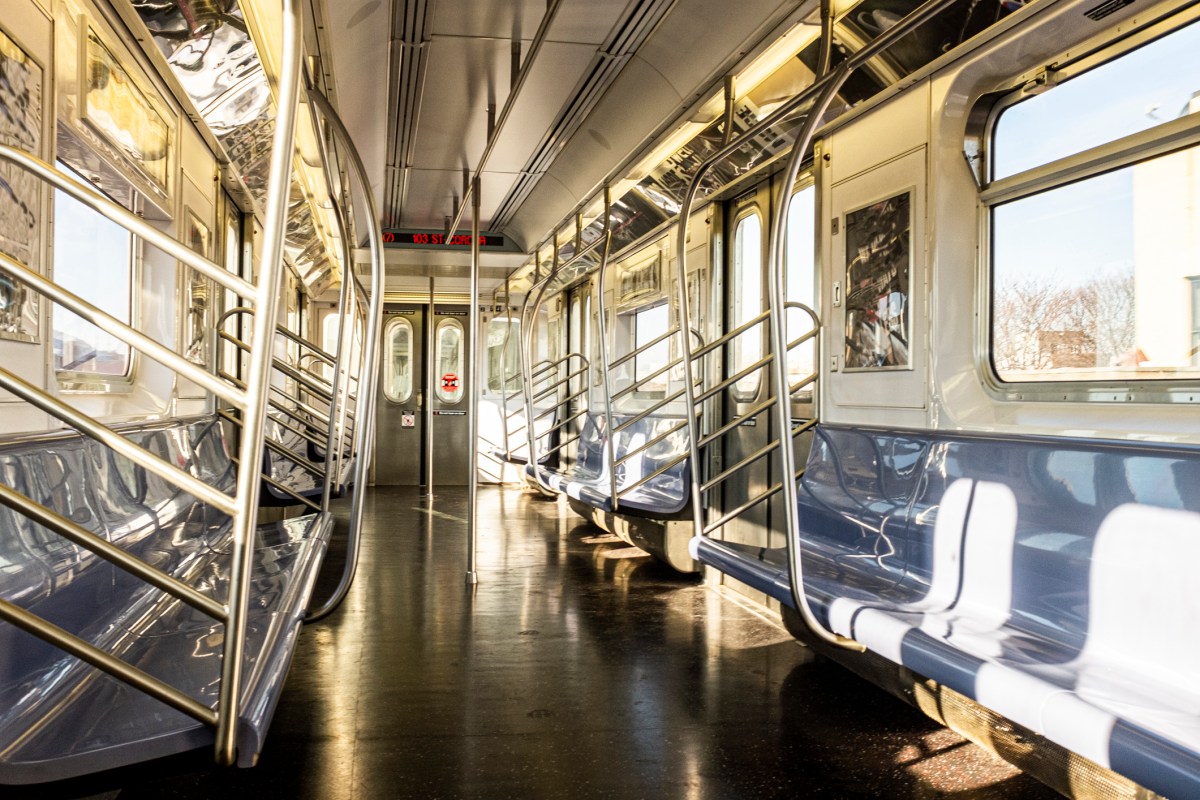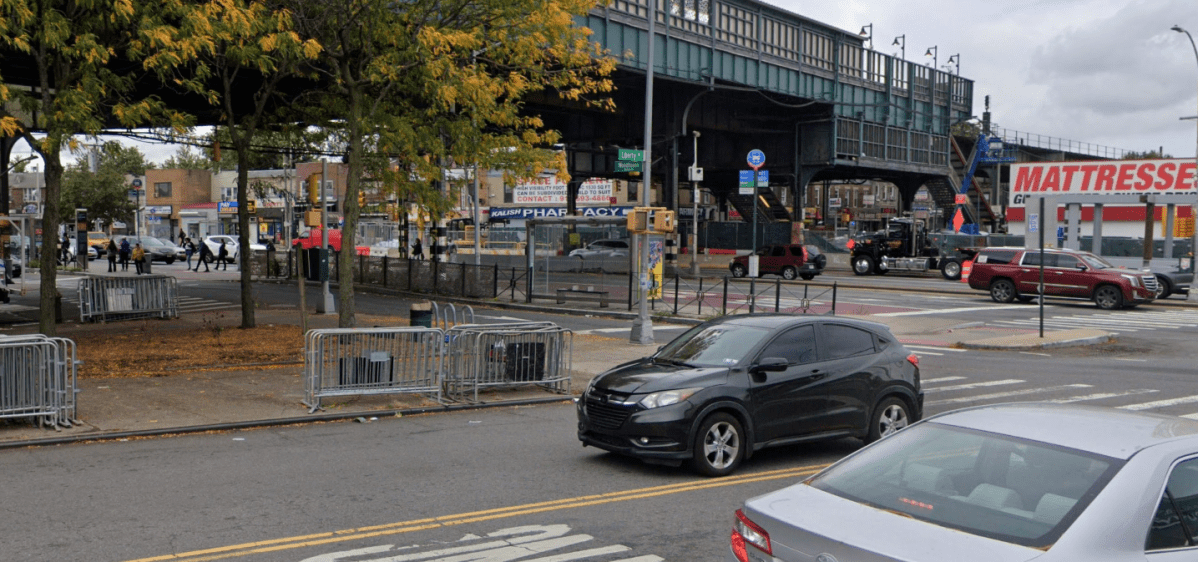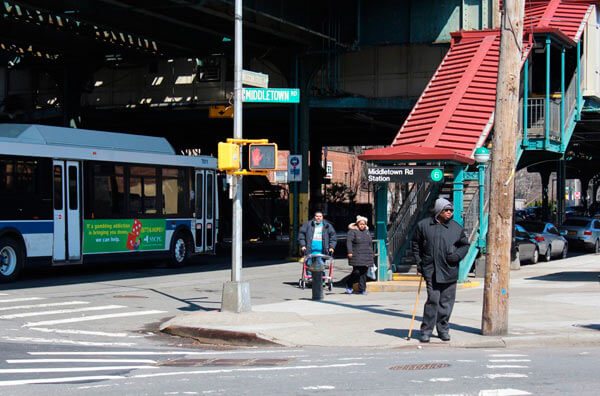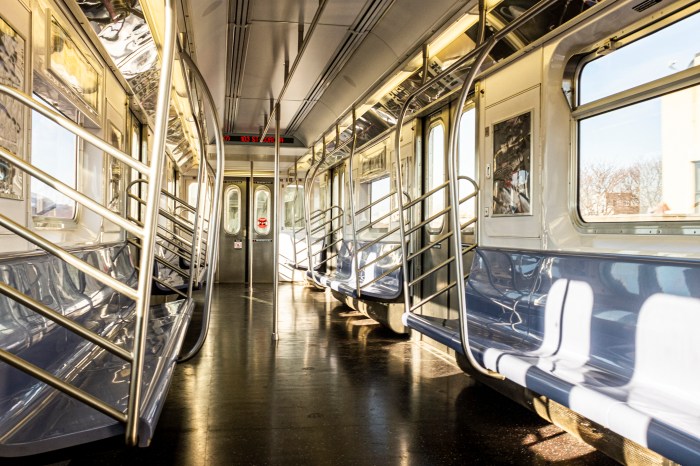
While the MTA is sticking to its targeted December opening of the Second Avenue Subway, an independent engineer overseeing the construction said it will take a “very aggressive and unprecedented performance” on behalf of the agency in order to do so.
At an MTA committee meeting on Monday, Kent Haggas, the engineer, attributed his concern to delays with testing station equipment. He highlighted that MTA contractors have fallen behind testing the equipment—with only 67 percent of scheduled testing completed on time by the end of May.
“The time available for testing of station equipment and rail systems requires a very aggressive and unprecedented performance of the combined Capital and New York City Transit test teams,” Haggas said.
The first phase of the massive, $4.5 billion subway line will bring three new subway stations from 96th St. to 63rd St. as an extension of the Q line. It’s a project 90 years in the making that has been delayed up until ground broke in 2007. Though construction is coming along on budget, the MTA is currently spending an additional $66 million to accelerate the first phase for a December completion.
At Monday’s meeting, Dr. Michael Horodniceanu, the MTA Capital Construction president, described opening those first stations by the end of the year as a “very tough” goal.
“December 2016 still on target,” Horodniceanu said. “While it’s a very tough task to get it all done by December we do expect that to be the case.”
The meeting then broke into a discussion among Horodniceanu, Vice Chairman Fernando Ferrer and concerned board members as to what level of detail Horodniceanu should report on potential delays.
“I am deeply concerned about issues that we should be aware of that we may not be aware of,” Ferrer said.
Horodniceanu said that he has “issues on a daily basis.”
“Quite frankly, I’m not sure exactly how I can deliver to the board on a monthly basis all of the issues I’m faced with,” Horodniceanu said, “because there are so many that it would actually make for bed time reading that’s not very interesting.”
Horodniceanu gave an example, without much detail: On Saturday, he visited the site to find that there were no workers on site for a specific job. He had to talk to the contractor directly about having an inappropriate number of personnel on site.
Department of Transportation Commissioner and MTA Board Member Polly Trottenberg then suggested that it was not at all unusual for a contractor to be missing for one day on the site.
“I agree with you…but because of the shortage of time ahead of me, one day for me on a Saturday is very important because I’m paying for them to accelerate the job,” Horodniceanu said. “So one day, although it doesn’t sound like a big deal, is a big deal to me.”




